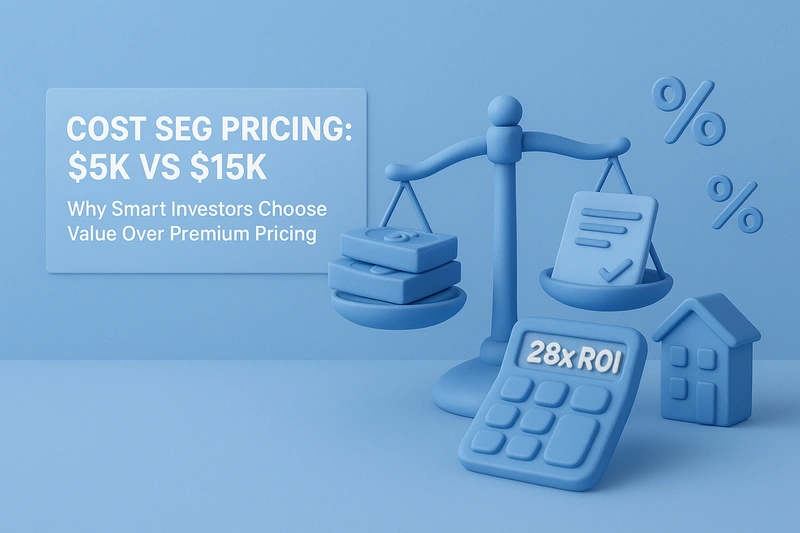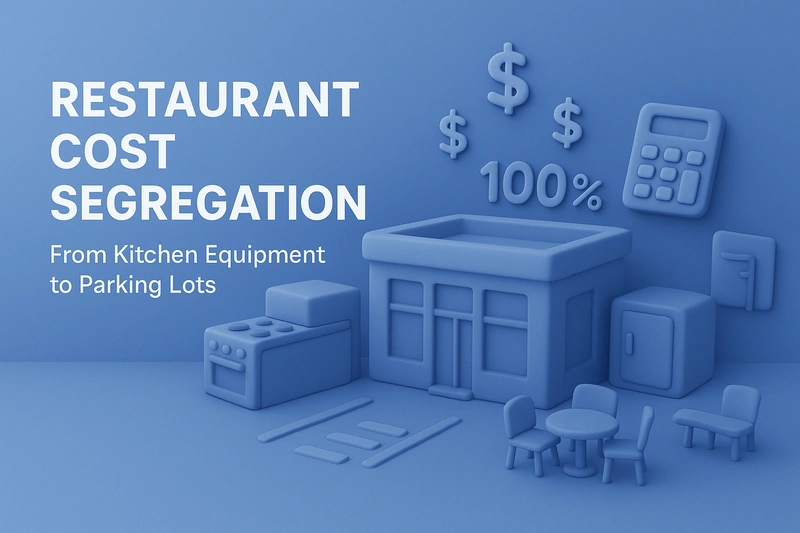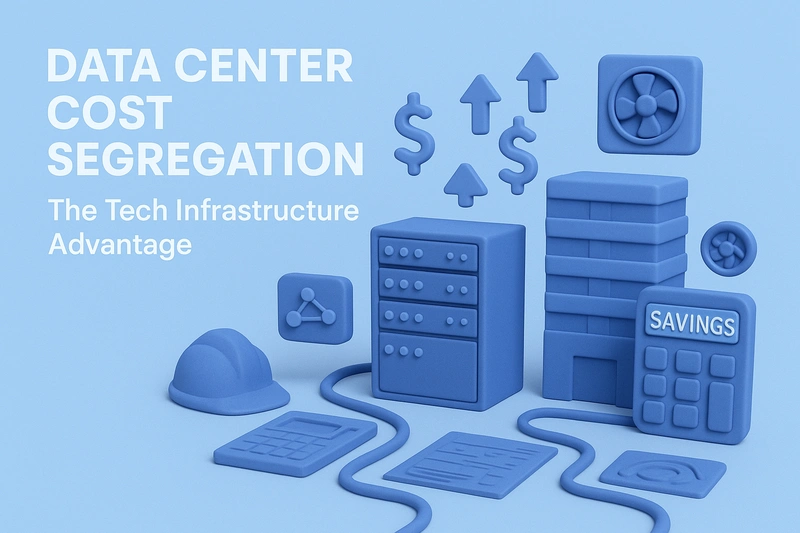This post reflects cost segregation and bonus depreciation rules at the time of original publication. On July 1st 2025, Congress passed new legislation, the One Big Beautiful Bill Act, which made 100% bonus depreciation permanent for qualifying properties acquired and placed in service after January 19, 2025. For the most up-to-date guidance, please read our latest update here: Bonus Depreciation in 2025 and Beyond: The Ultimate Guide for Real Estate Investors.
--
Bonus depreciation is a tax benefit available to real estate investors that allows them to accelerate the depreciation of certain assets. It allows investors to deduct a certain percentage of the cost of an asset in the first year it is put into service, rather than depreciating it over a longer period of time. This can provide a significant financial benefit for investors, as it allows them to claim a larger deduction in the first year of ownership, potentially offsetting the cash they put into the deal.
Depreciation is a way for investors to deduct the initial cost of a property purchase from their taxable income over a set period of time. For residential properties, this period is typically 27.5 years, while for commercial properties it is 39 years. This means that each year, an investor can deduct a certain percentage of the purchase price from their income. However, some items within a property, such as carpeting or cabinetry, can be depreciated over a shorter period of time using a schedule set by the IRS known as the Modified Accelerated Cost Recovery System (MACRS).
From 2015 to 2017, first-year bonus depreciation for these items was set at 50%. It was scheduled to decrease to 40% in 2018 and 30% in2019, before dropping to 0% in 2020. However, the Tax Cuts and Jobs Act, enacted by President Trump, increased bonus depreciation to 100% from 2017 to 2023. In 2023, it will return to 80%.
To qualify for 100% bonus depreciation for a used property, the following criteria must be met:
The property must be acquired from an unrelated party. This means that the property cannot be purchased from a family member, business partner, or other related party.
The property must be placed in service after September 27,2017 and before January 1, 2024. This means that the property must be ready and available for use within this time frame.
The property must be used for business purposes, rather than personal use. This means that the property must be used primarily to generate income or support the operation of a business.
The property must have a depreciation period of 20 years or less. This means that the property must have a useful life of 20 years or less, as determined by the IRS.
If a property meets these criteria, an investor may be able to claim 100% bonus depreciation for a certain percentage of the property's cost in the first year it is put into service. This can provide a significant financial benefit, as it allows investors to claim a larger deduction in the first year of ownership.
By allocating a certain percentage of an asset's cost to items that can be depreciated quickly using MACRS, real estate investors can take advantage of significant deductions in the first year of ownership. For example, if an investor purchases a property for $3 million and allocates 30% of the cost to items that qualify for bonus depreciation, they may be able to claim a deduction of $7-900,000 in the first year. This can be a significant benefit for investors, as it can potentially offset the cash they put into the deal.
R.E. Cost Seg offers affordable and efficient services to help investors determine the depreciation schedule for their real estate assets and claim deductions in the first year. Our team of experts can help you navigate the complex rules and regulations surrounding bonus depreciation to ensure compliance.






